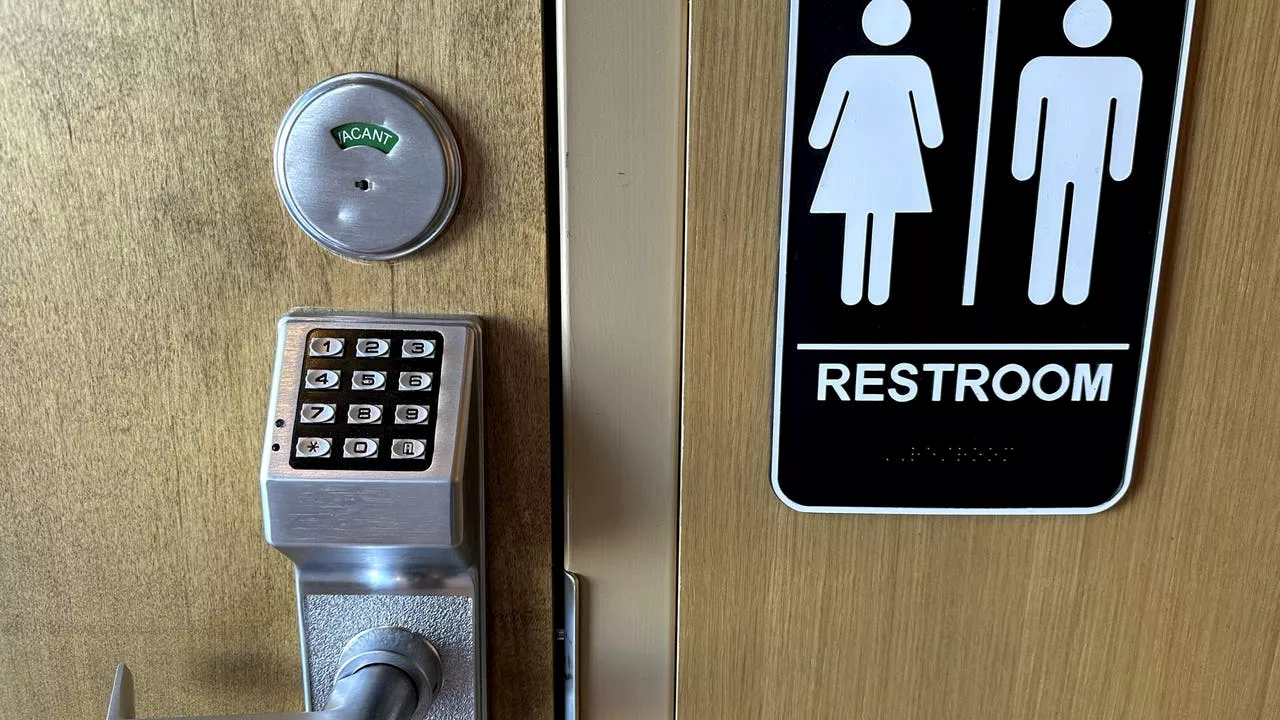Starbucks' decision to restrict restroom access to paying customers has ignited a wider discussion about restroom policies in the United States. The company's move highlights the inconsistencies in regulations across different states and cities, leaving many Americans unsure about their right to use public restrooms. The debate also touches upon issues of social responsibility and the treatment of vulnerable individuals.
Starbucks ’ decision to restrict its restrooms to paying customers has sparked a broader debate about restroom access policies across the United States. Rules governing restroom use in restaurants vary widely, depending on the state, city, and county. In New York, for instance, establishments with 20 or more seats are required to provide restroom access to customers.
California mandates that larger restaurants built after 1984 must offer restrooms to customers and guests, while Chicago exempts restaurants from providing customer restrooms unless they serve liquor. \This patchwork of regulations has left many Americans confused and divided over who should have access to public restrooms and under what circumstances. Steven Soifer, co-founder and treasurer of the American Restroom Association, which advocates for clean, safe, and well-designed public toilets, describes the situation as a 'mish-mash.' He argues that if a business serves food and drink, failing to provide a public restroom poses a health hazard. \Starbucks' recent move to limit restroom access to paying customers ignited a firestorm of reactions. While some argued that Starbucks had the right to manage its store environment and prioritize paying customers, others criticized the move, claiming it made the company less welcoming and potentially marginalized vulnerable individuals. Norman Bauman, a semi-retired science writer from New York, shared his disappointment, stating that he used to frequent his local Starbucks to read, socialize, and occasionally purchase coffee but stopped going after the store posted an 'Employees Only' sign on its restroom. He questioned how the establishment could expect to survive with customers like him.\Starbucks defends its decision, asserting that the new code of conduct aligns with practices of other major retailers. The company emphasized that its intention is to curb disruptive behavior while acknowledging that exceptions will be made for situations like customers needing to use the restroom before making a purchase. Starbucks also stated its commitment to complying with local laws requiring bathroom access for non-customers. However, the legal landscape surrounding this issue remains complex and varies significantly across jurisdictions
Restroom Access Public Toilets Starbucks Restroom Policy Discrimination Social Responsibility Business Regulations
United States Latest News, United States Headlines
Similar News:You can also read news stories similar to this one that we have collected from other news sources.
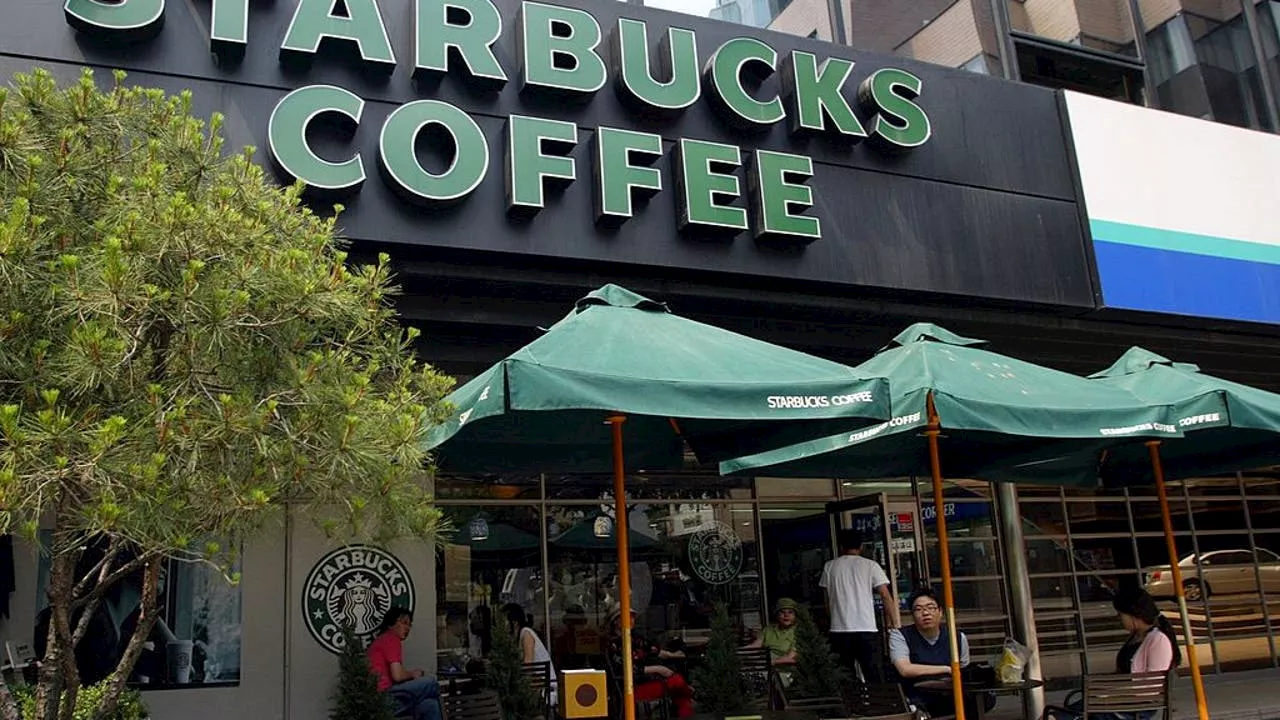 Starbucks Reverses Open-Door Policy, Requires Purchases for Restroom UseStarbucks is implementing a new policy requiring customers to make a purchase to stay in its stores or use restrooms. The policy, aimed at enhancing safety and preventing disruptive behavior, reverses the company's 2018 open-door policy. Violators may be asked to leave, and law enforcement may be called if necessary. Starbucks employees will receive training on the new policy.
Starbucks Reverses Open-Door Policy, Requires Purchases for Restroom UseStarbucks is implementing a new policy requiring customers to make a purchase to stay in its stores or use restrooms. The policy, aimed at enhancing safety and preventing disruptive behavior, reverses the company's 2018 open-door policy. Violators may be asked to leave, and law enforcement may be called if necessary. Starbucks employees will receive training on the new policy.
Read more »
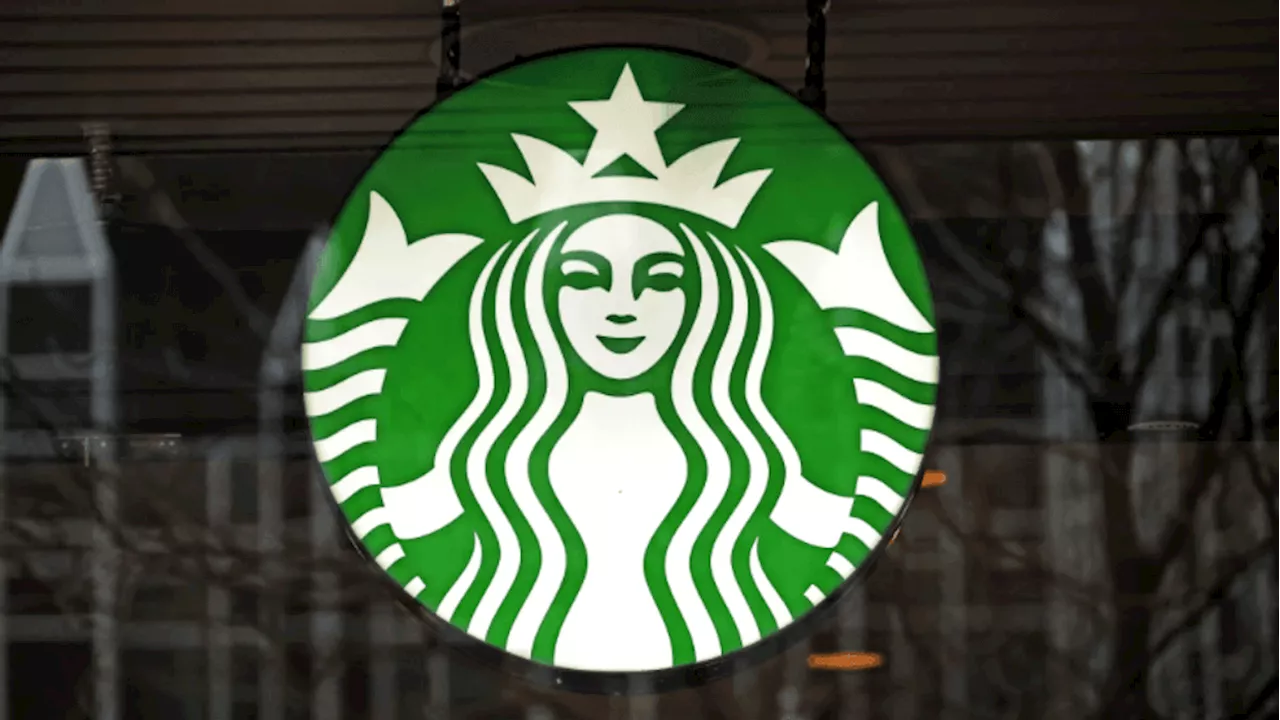 Starbucks Reverses Open-Door Policy, Requires Purchases for Restroom UseStarbucks is changing its policy and will now require customers to make a purchase in order to use the restroom or simply hang out in its stores. The new code of conduct, implemented in all company-owned North American stores, also bans activities like consuming outside alcohol, smoking, vaping, drug use, and panhandling. Starbucks says the changes aim to prioritize paying customers and create a more comfortable environment.
Starbucks Reverses Open-Door Policy, Requires Purchases for Restroom UseStarbucks is changing its policy and will now require customers to make a purchase in order to use the restroom or simply hang out in its stores. The new code of conduct, implemented in all company-owned North American stores, also bans activities like consuming outside alcohol, smoking, vaping, drug use, and panhandling. Starbucks says the changes aim to prioritize paying customers and create a more comfortable environment.
Read more »
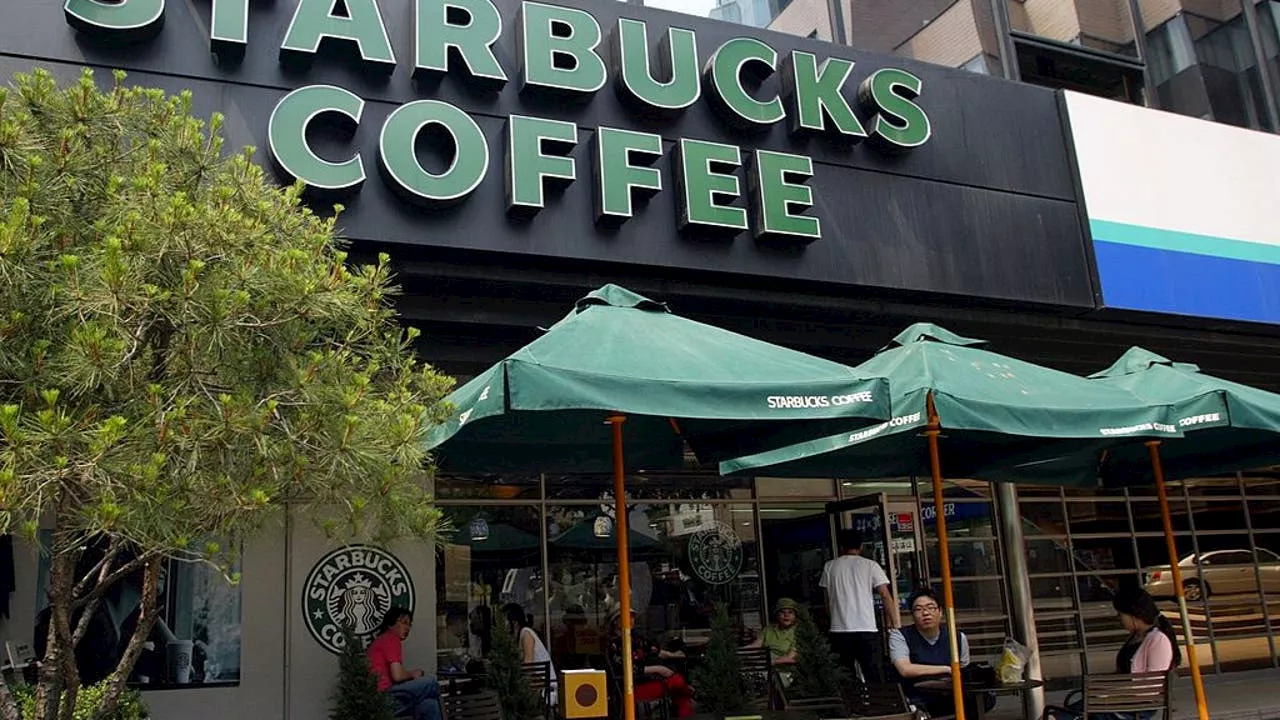 Starbucks Ends Open Door Policy, Requires Purchases for Restroom and Store AccessStarbucks has reversed its 2018 open-door policy, requiring customers to make a purchase in order to remain in its stores or use restrooms. The new policy aims to address safety concerns and disruptive behavior.
Starbucks Ends Open Door Policy, Requires Purchases for Restroom and Store AccessStarbucks has reversed its 2018 open-door policy, requiring customers to make a purchase in order to remain in its stores or use restrooms. The new policy aims to address safety concerns and disruptive behavior.
Read more »
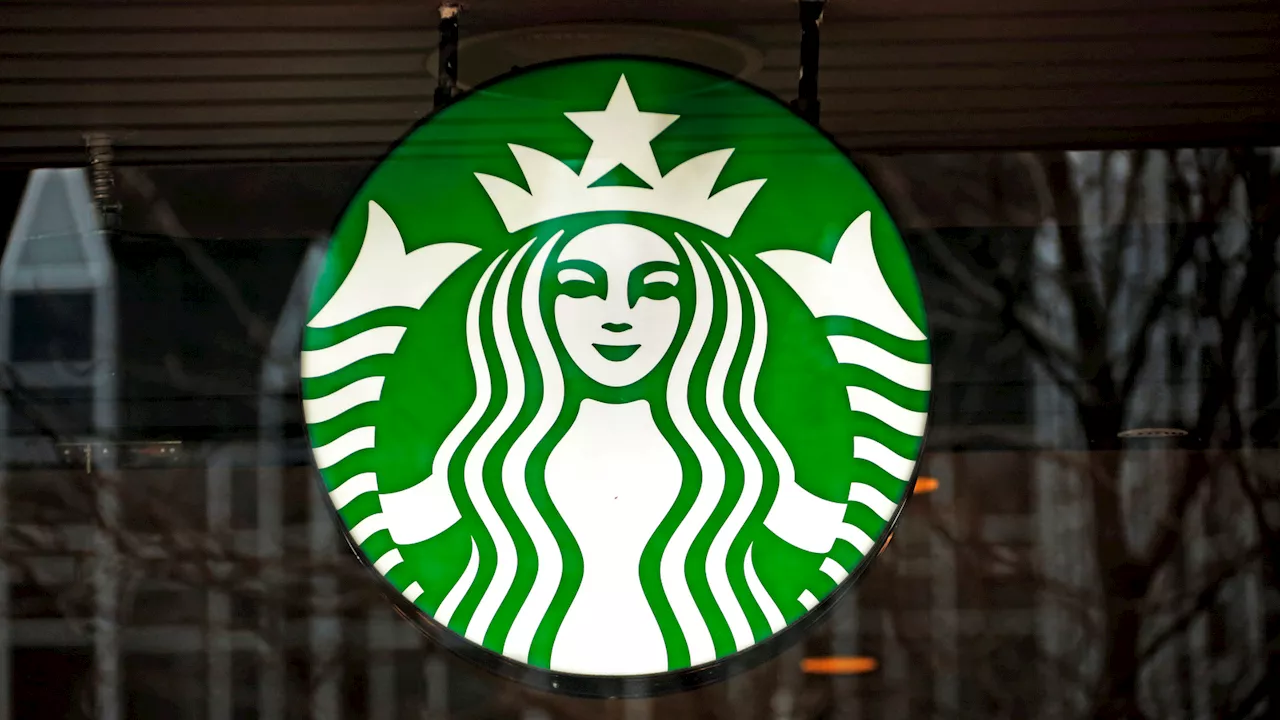 Starbucks Ends its Open-Door Policy, Requires Purchase for Restroom UseStarbucks is implementing a new code of conduct requiring customers to make a purchase to use the restroom and remain in its stores. This policy change aims to address safety and comfort concerns for paying customers.
Starbucks Ends its Open-Door Policy, Requires Purchase for Restroom UseStarbucks is implementing a new code of conduct requiring customers to make a purchase to use the restroom and remain in its stores. This policy change aims to address safety and comfort concerns for paying customers.
Read more »
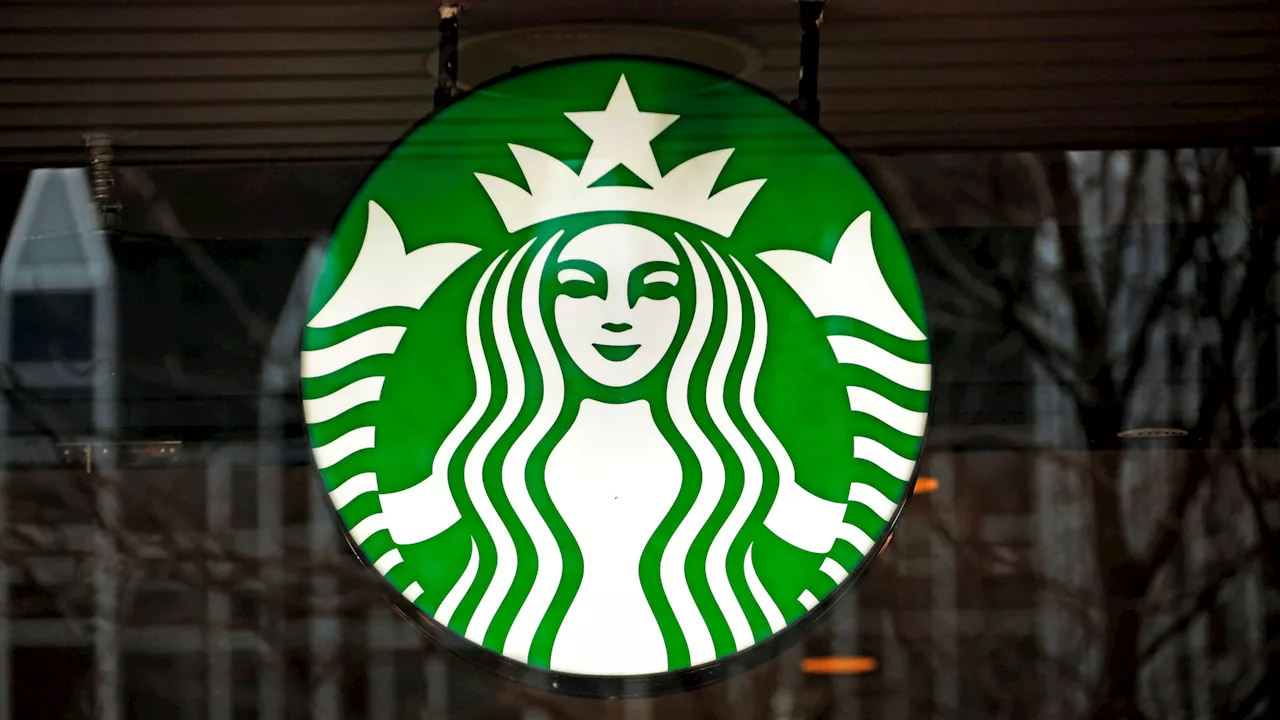 Starbucks Reverses Open-Door Policy, Requires Purchases for Restroom UseStarbucks is implementing a new code of conduct in its North American stores that requires customers to make a purchase in order to use restrooms and hang out. The policy, aimed at prioritizing paying customers, also bans discrimination, harassment, outside alcohol consumption, smoking, vaping, drug use, and panhandling. Violators may be asked to leave and law enforcement may be called if necessary.
Starbucks Reverses Open-Door Policy, Requires Purchases for Restroom UseStarbucks is implementing a new code of conduct in its North American stores that requires customers to make a purchase in order to use restrooms and hang out. The policy, aimed at prioritizing paying customers, also bans discrimination, harassment, outside alcohol consumption, smoking, vaping, drug use, and panhandling. Violators may be asked to leave and law enforcement may be called if necessary.
Read more »
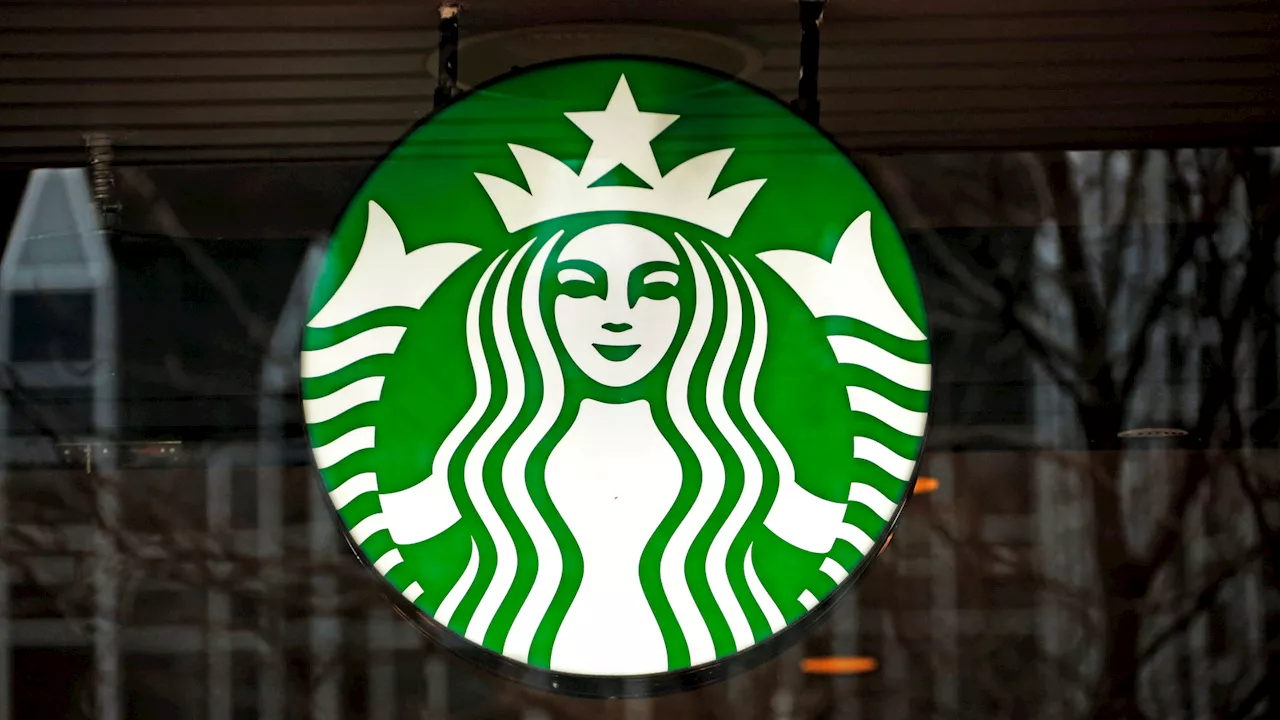 Starbucks Reverses Open-Door Policy, Requires Purchases for Restroom and Cafe UseStarbucks is changing its policy, requiring customers to make a purchase before using restrooms or sitting in cafes. The new code of conduct aims to create a better environment for paying customers and addresses concerns about disruptive behavior.
Starbucks Reverses Open-Door Policy, Requires Purchases for Restroom and Cafe UseStarbucks is changing its policy, requiring customers to make a purchase before using restrooms or sitting in cafes. The new code of conduct aims to create a better environment for paying customers and addresses concerns about disruptive behavior.
Read more »
